Available courses

Management of Medical Emergencies
How medical emergencies can be managed by taluk, CHC and district level health institutions & the further referral procedures to higher centers according to the new reference protocol guidelines.
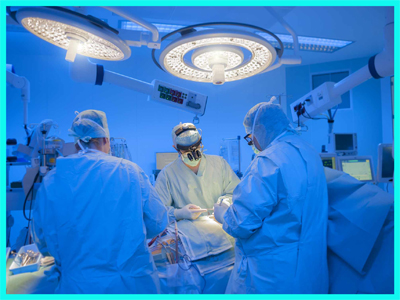
Nursing management of common medical and surgical conditions in primary health care
The module contains 6 parts of video sessions, All the session explains the nursing management of common medical and surgical conditions managed in the various levels of primary health care setting.
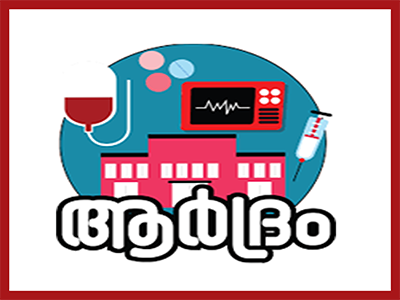
Aardram and family health center concept
The unit deals with the Family Health Center Concept, containing five sessions. Session started with the historical evolution of health, wealth, education, nutrition and the impact of changed lifestyle to the health and illness in India and Kerala. Second session deals with the basic concept of Aardram Mission, sustainable development goals and Family Health Centers, role and importance of family health centers in public health. The third session describes the structure, infrastructure, functioning and various clinics organized in sub center clinics. The fourth session explorates the role of Aarogya sena in providing preventive & promotive services contributing to health and the methods of converging various health services and schemes of different departments & sectors. The last session deals with the importance and need for team work for the co-ordination among staffs and smooth functioning of FHCs.
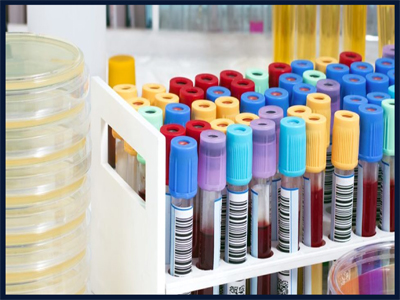
Basic investigations in primary health care
The module details the different aspects of various laboratory investigations done in the primary healthcare setup. The module deals with individual investigations, normal and abnormal findings, methods to be instituted in performing the tests and the responsibility of the healthcare workers performing them.

Occupational Diseases, Oral Health
Occupational diseases refer to health conditions that are directly caused or significantly exacerbated by exposure to hazards in the workplace. When it comes to oral health, certain occupations or workplace environments can indeed pose risks to dental health. It's important for employers to prioritize workplace safety and provide appropriate training, protective equipment, and preventive measures to mitigate these risks. Additionally, individuals should maintain good oral hygiene practices and seek regular dental check-ups to prevent or address any occupational-related oral health issues.
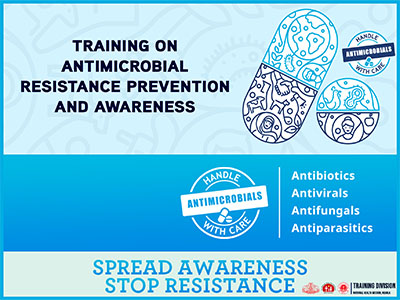
Training on Antimicrobial Resistance Prevention and Awareness
This course was designed to update knowledge in Antimicrobial resistance and prevention strategies of antimicrobial resistance in the various practice settings. The whole training programs were designed and distributed within the six sessions. The course was starting with the pre course assessment and after the completion of six session the participants should take a post test.
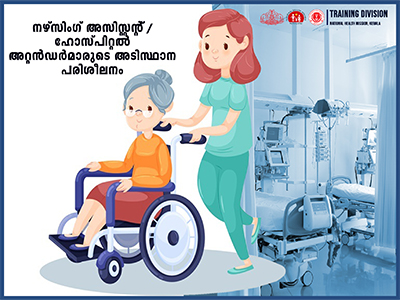
Basic Training for Nursing Assistants
ആരോഗ്യ മേഖലയുമായി ബന്ധപ്പെട്ട സ്ഥാപനങ്ങളിലും മറ്റു സംവിധാനങ്ങളിലും നഴ്സിംഗ് അസ്സിസ്റ്റന്റുമാരും ആശുപത്രി അറ്റൻഡർമാരും വഹിക്കുന്ന പങ്കു വളരെ പ്രധാനമാണ്. ഇത്തരം പ്രധാന ചുമതലകൾ വഹിക്കുന്ന ഉദ്യോഗസ്ഥർക്ക് കാലാനുസൃതമായ മാറ്റങ്ങൾ ഉൾപ്പെടുത്തി കൊണ്ട് പരിശീലനങ്ങൾ നൽകേണ്ടത് അനിവാര്യമാണ്. അത്തരത്തിൽ മേല്പറഞ്ഞ ഉദ്യോഗസ്ഥർക്ക് അവരവരുടെ പ്രവർത്തന മേഖലകളിൽ സഹായകമാകുന്ന തലത്തിൽ വിവിധ പുതുക്കിയ അറിവുകൾ ചേർത്ത് വച്ചാണ് ഈ പരിശീലന പദ്ധതി തയ്യാറാക്കിയിക്കുന്നത്.
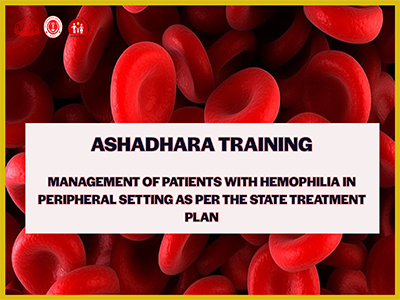
ASHADHARA TRAINING: Management of patients with hemophilia in peripheral setting as per the state treatment plan
This is a training for preparing a group of doctors and nurses to provide on-demand Hemophilia treatment care services via emergency departments of different Secondary and Tertiary care Public sector hospitals in Kerala. The trainees are selected medical officers working in the emergency departments and selected nursing officers who are working under the health institutions where the Hemophilia medicines are made available under EDL. The training will focus on making the group understand, what is hemophilia? how to identify a patient with acute bleeding when they present with common symptoms? The state laid protocol and guidelines, The scope of treatment facility as per the protocol, referral pathways, drug storage, drug reconstitution and administration standards and techniques, documentation, etc. The course will also give an overall understanding of the Hemophilia management program in the state. Scoring of at least 50 % in the post-test will enable the participant to download the certificate from the platform.










